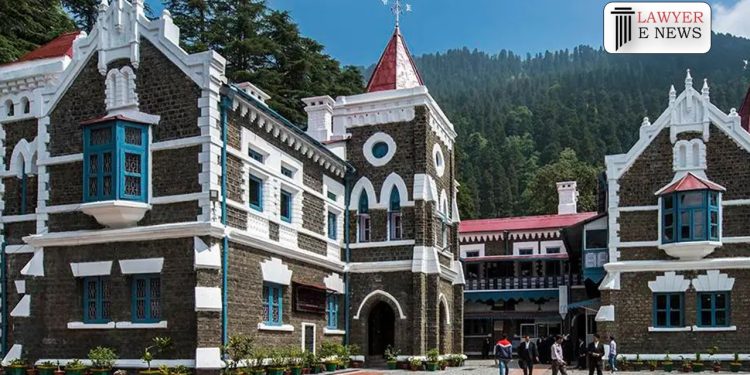-
by Admin
15 February 2026 2:36 AM



In a landmark judgment, the High Court of Uttarakhand has acquitted two men previously sentenced to life imprisonment for the 2008 murder of Mahboob Hasan, citing insufficient evidence and procedural lapses.
In a recent judgment dated May 24, 2024, the High Court of Uttarakhand at Nainital, comprising Justices Ravindra Maithani and Alok Kumar Verma, acquitted Irfan and Phool Singh, who had been convicted of murder under Section 302 read with Section 34 of the Indian Penal Code (IPC) by a Sessions Court. The High Court found that the prosecution failed to establish the defendants' guilt beyond a reasonable doubt, leading to the setting aside of the earlier conviction and life sentences.
The case revolved around the murder of Mahboob Hasan, who was found dead in his shop on the morning of December 31, 2008. The prosecution alleged that Irfan and Phool Singh, along with other co-accused, conspired and executed the murder. On January 5, 2009, both Irfan and Phool Singh were arrested, and weapons purportedly used in the crime were recovered the following day. The Sessions Court in Vikas Nagar, Dehradun, convicted the appellants on October 5, 2016, sentencing them to life imprisonment.
The High Court critically examined the evidence presented by the prosecution, particularly the circumstantial evidence and the recovery of the weapons. The Court observed that there was no credible “last seen” evidence connecting the appellants to the crime scene. Witness testimonies suggesting the appellants’ presence near the shop on the night of the murder were deemed insufficient and unreliable.
The Court scrutinized the application of Section 27 of the Indian Evidence Act concerning the recovery of the alleged murder weapons. The prosecution failed to produce any disclosure statements from the appellants that led to the discovery of the weapons. The absence of these crucial statements weakened the prosecution’s case significantly.
Referring to the principles established in Sharad Birdichand Sarda v. State of Maharashtra, the Court emphasized the need for a coherent and conclusive chain of evidence in cases relying on circumstantial evidence. The prosecution’s failure to meet these stringent criteria resulted in the collapse of their case.
The judgment referenced several Supreme Court rulings, including Bodhraj alias Bodha v. State of Jammu and Kashmir and Shahaja alias Shahajan Ismail Mohd. Shaikh v. State of Maharashtra, to underline the legal standards for admissibility and reliability of evidence, particularly concerning the recovery of incriminating objects.
The Court’s analysis highlighted the prosecution’s inability to link the recovered weapons conclusively to the crime, especially given the lack of direct evidence tying the appellants to the scene. The forensic evidence, which failed to establish the origin of the blood on the knife, further weakened the case. The judgment stressed that mere recovery of weapons without corroborative disclosure statements does not suffice for a conviction.
The High Court’s decision underscores the importance of adhering to stringent legal standards in criminal prosecutions, especially in cases hinging on circumstantial evidence. The acquittal of Irfan and Phool Singh not only sets a precedent for similar future cases but also highlights the judiciary’s role in ensuring fair trials and preventing miscarriages of justice. The appellants, currently in jail, are to be released immediately unless wanted in connection with any other case.
Date of Decision: May 24, 2024
Irfan v. State of Uttarakhand
